Why Foundational Black America is interesting to me!
- Tats

- Oct 16, 2024
- 3 min read
Updated: Oct 16, 2024

Ah, America—the land of opportunity, fast food, and reality TV. As an African who’s grown up with a mix of privilege (thank you, parents) and a love for all things global, my view of Foundational Black Americans (FBAs) is, well, let’s just say, complicated—but in a fun way.
First off, I’ll admit it: I appreciate so much about FBAs. They are trendsetters in music, fashion, and culture. Hip-hop? That’s global now, my friends. The swag? Unmatched. And let’s not even talk about the endless debates I have with my friends over who’s better: Kendrick or Drake. (Spoiler: it’s always Kendrick.)
But, and here’s where it gets tricky—there’s this other side of FBA culture that, well, I have a hard time understanding. Let’s talk about the “hood rat” or “gangsta” persona. The first time I saw it in full swing, I genuinely thought I had stumbled into a Hollywood movie set, complete with sagging pants and colorful language that could make a sailor blush.

I mean, growing up in Zimbabwe, Southern Africa , I wasn’t exactly seeing people throw hands over a McDonald’s cheeseburger or flexing their “street cred” on Instagram. Our idea of rebellion was sneaking out to a house party, not tattooing our faces or driving around blasting music that could crack a windshield.
Now don’t get me wrong, I harbor zero hate for this side of the culture—it’s just fascinating. I can appreciate the creativity that goes into those wild hairstyles, and I have to admit, some of the slang is absolutely genius. I’m not sure how “lit” became the word for everything fun, but hey, I’m here for it.
Still, there’s a part of me that wants to pull some of my FBA friends aside and be like, “My brother, why are you wearing your jeans below your waist? You’ve lost the plot.” I mean, is it fashion, or are you just airing out your legs? Because we can afford belts now—just saying.
And don’t get me started on the “ratchet” behavior. Look, I love the sass, the confidence, but sometimes it feels like there’s an unspoken competition to see who can be the most dramatic in public. You’ll see someone popping off at the grocery store because the line is too long, and I’m standing there thinking, “You know, in certain parts of world, we wait hours just for a bus. Patience, my friend, patience.”

But I get it—their history is different. FBAs have had to fight for everything, and that fighting spirit manifests in every aspect of their lives. What I sometimes mistake for aggression is really just survival. Where I come from, our fight was against colonizers and corrupt politicians; in America, it’s systemic racism, police brutality, and social inequality. It’s a different battle, but it’s a battle nonetheless.
Despite all this, I genuinely love the hustle of FBAs. Their drive, their ambition, their ability to create something out of nothing—it’s inspiring. They’re the ones who took the harshest of circumstances and said, “Not only am I going to survive this, I’m going to thrive.” That’s not just impressive; it’s legendary.
So yeah, while I might not fully get the “gangsta” persona, I’ve learned to appreciate the layers behind it. Beneath the bravado, there’s history, pain, resilience, and a culture that has influenced the entire world. And sure, I’ll still shake my head at some of the more “ratchet” moments, but I can laugh about it. After all, we all have our quirks, right? And if I’m being honest, the way I pronounce “water” probably has some of my American friends questioning me.
In the end, I think that’s what it’s about—mutual respect, even if we don’t always understand each other. So, here’s to FBAs: the cool, complicated cousins of the diaspora. You might confuse me sometimes, but I’m always rooting for you. Even if I’m secretly hoping you’ll wear a belt next time.





Comments